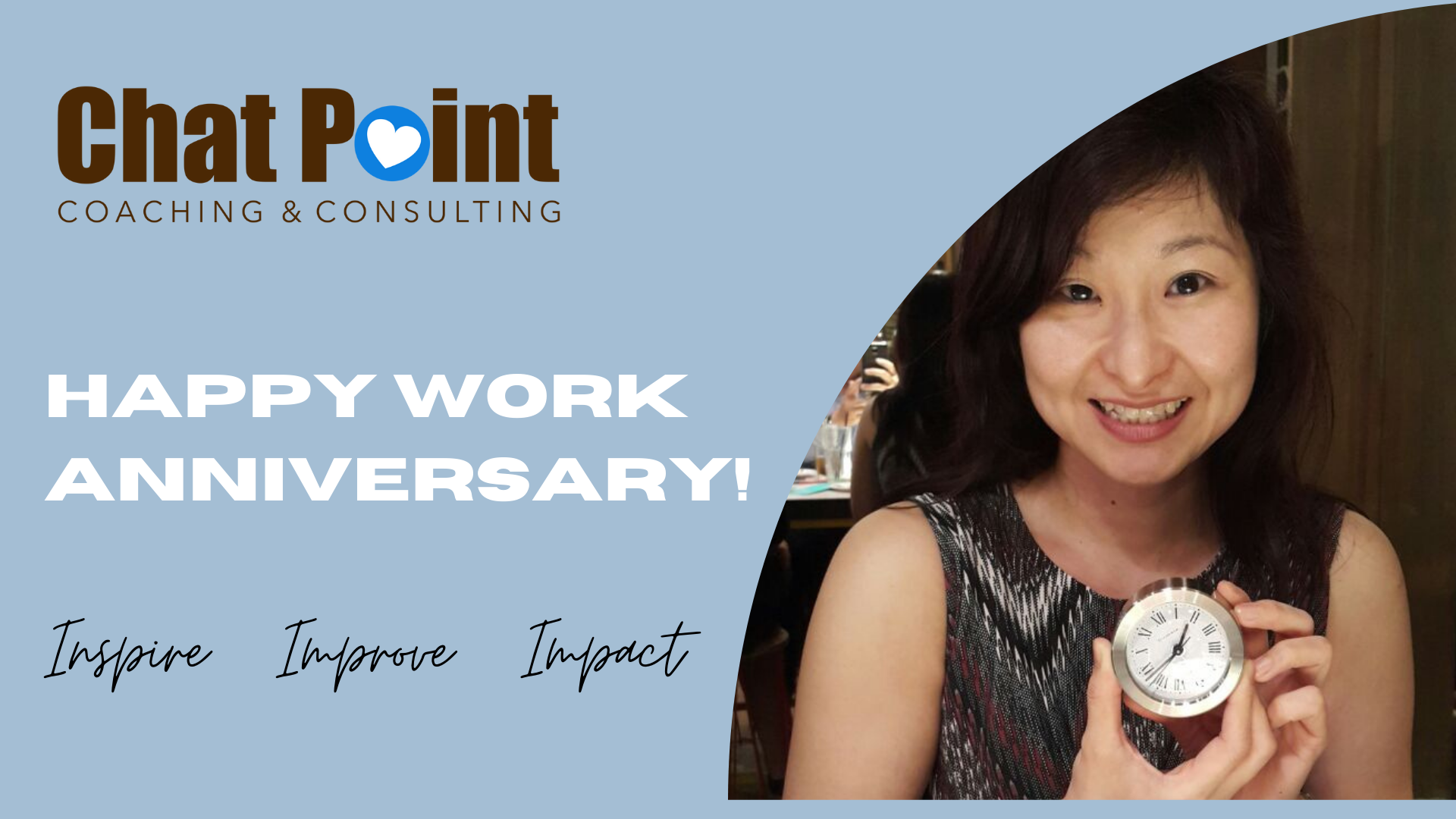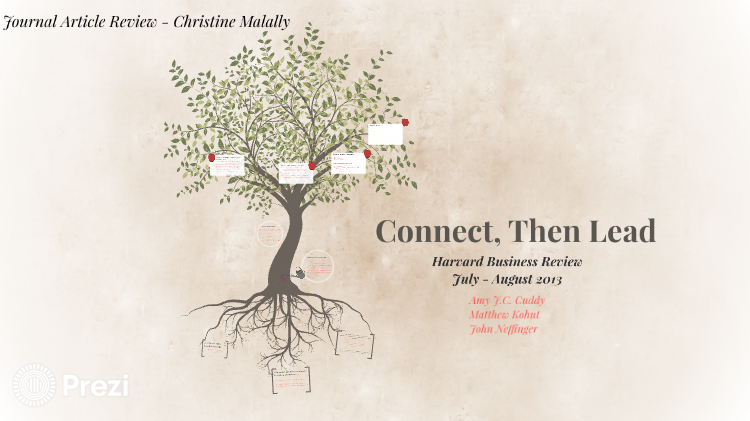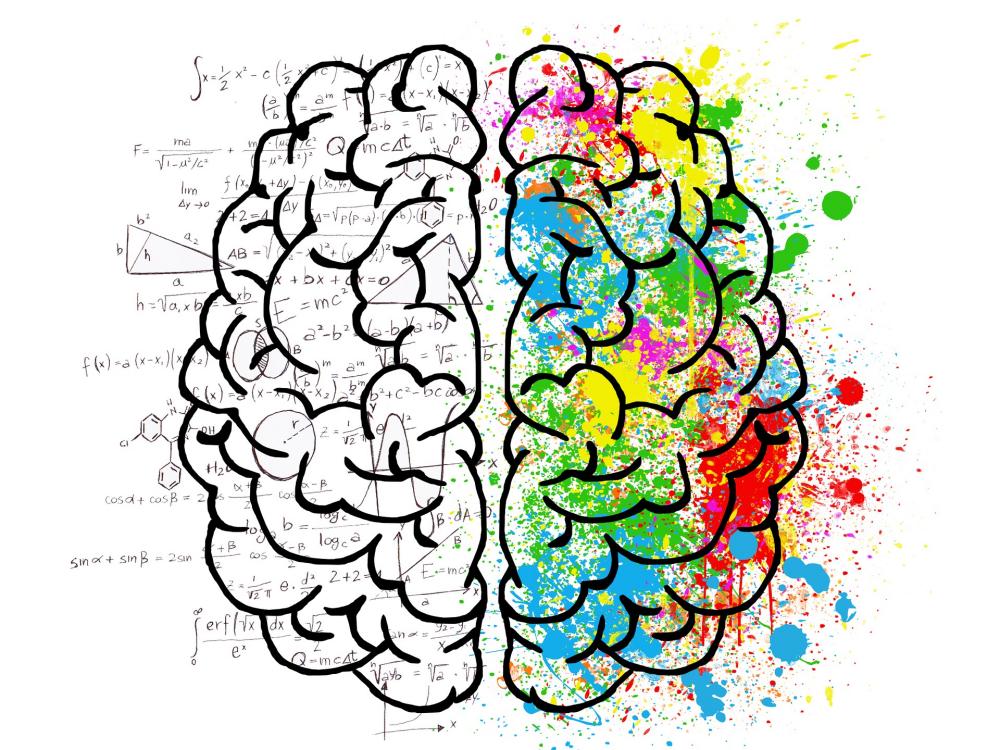Change Your Story, Change Your Life
9 July 2021
Do you want a better life? Do you want a life that is full of zest, happiness and fulfilment? If yes, then just change your story. The life that we live now is a result of the stories that we tell ourselves. That small little voice in our head that speaks to us, either in an empowering or disempowering manner. When we feel happy, that story is a positive one and when we are unhappy, that story is likely not. When we change our stories, we change our life! That’s a certainty!
Imagine holding up a picture frame and you see what’s within that frame. That is your perspective. It creates a story. Now turn left or right 90 degrees and see through that frame again; you see another picture. That is another perspective of the same landscape. Which one do you prefer?
You might have heard of the story of “The Farmer and his horse.”
There is a Taoist story of an old farmer who had worked his crops for many years. One day his horse ran away. Upon hearing the news, his neighbors came to visit. “Such bad luck,” they said sympathetically.
“Maybe,” the farmer replied. The next morning the horse returned, bringing with it three other wild horses. “How wonderful,” the neighbors exclaimed.
“Maybe,” replied the old man. The following day, his son tried to ride one of the untamed horses, was thrown, and broke his leg. The neighbors again came to offer their sympathy on his misfortune. “Maybe,” answered the farmer. The day after, military officials came to the village to draft young men into the army. Seeing that the son’s leg was broken, they passed him by. The neighbors congratulated the farmer on how well things had turned out. “Maybe,” said the farmer.
In life, events are neither good nor bad. It is the interpretations that we attribute to it that makes it so. When we are expecting something and it turns out to be what we expect, we say it is good. Likewise the opposite. So the stories that we create is influenced by our expectations.
When we experience an event, what stories are we creating for ourselves about the event? Remember, a coin has two sides. Which side are you looking at? Then you may ask, “If we can control how we create our stories, why then do we create stories that disempower us?” The answer could be that we somehow we derive benefits from those having those stories. What are the benefits?
Case 1: You work with a difficult and toxic person that drains your energy and spoils your day. How you feel about the person, is a result of the story that you have created about the person. So, why do we create such a story when it makes us feel lousy? One possibility is that you felt helpless that you can’t do much about how you were being treated (especially so if he/she was your boss). So blaming him/her on how unfairly you have been treated takes the responsibility off from owning your emotions. The notion of “I am responsible for my feelings” feels like you have chosen to feel this way. How can that be! WHY ON EARTH WOULD I WANT TO CHOOSE TO FEEL ROTTEN? Being responsible means having the ability to respond. However, many of us don’t know how to respond or act in an empowering manner when we are being treated badly. So we end up sulking, feeling angry and complain to our friends/ spouses on how we were being treated. That act of complaining got you attention, sympathy and validation. Feels good, right? So that story gets re-told.
Case 2: We sometimes feel afraid to take a certain action or to venture into the unknown. So we create stories like “I’m not good enough”, “It is not worth it”, “I will do it when I’m ready”, “I don’t have the support and resources”, “I’m too old/ too young”. So the benefits of these stories is that they protect us from the possible pain of failure and embarrassment.
Case 3: It could be that you took on a challenge and failed. You felt embarrassed, hurt or angry that it did not turn out the way that you had expected. So you create stories about the event, the person or even yourselves on why you had failed. Since these stories sound logical, we hold on to them for a long time. When the story gets re-told over and over again, it becomes our reality. We begin to believe in it and it keeps us from getting hurt.
Now you may protest, “I know all this is not good for my mental and emotional health; more so for my future but I can’t change my story even if I wanted to! I have tried.” The real question is, who is stopping you from changing your story? I suspect, it is not a case of “I can’t change my story” but more of “I don’t think I want to change my story.” So if it the latter, ask yourself, “What benefits am I getting by holding to it?” Attention? sympathies? love? care? safety? What are you craving for that is holding you hostage to your stories? How can you get those needs met in other ways?
Here are some questions for us to reflect on:
- What is that story that is disempowering me?
- What benefits am I getting from holding on to that story? (there must be at least one)
- How is that story impacting my life now?
- If the situation was seen from another person perspective, how might the story sound, look or feel like?
- If I change my story to something more empowering, what would my new story sound, look or feel like?
- What impact will this new story do for my life?
- Am I ready and willing to adopt the new story?
What are some ways that you have shifted your stories? What was the result of doing that?
Wai K, ICF Master Certified Coach (www.jmccoachmastery.com)












